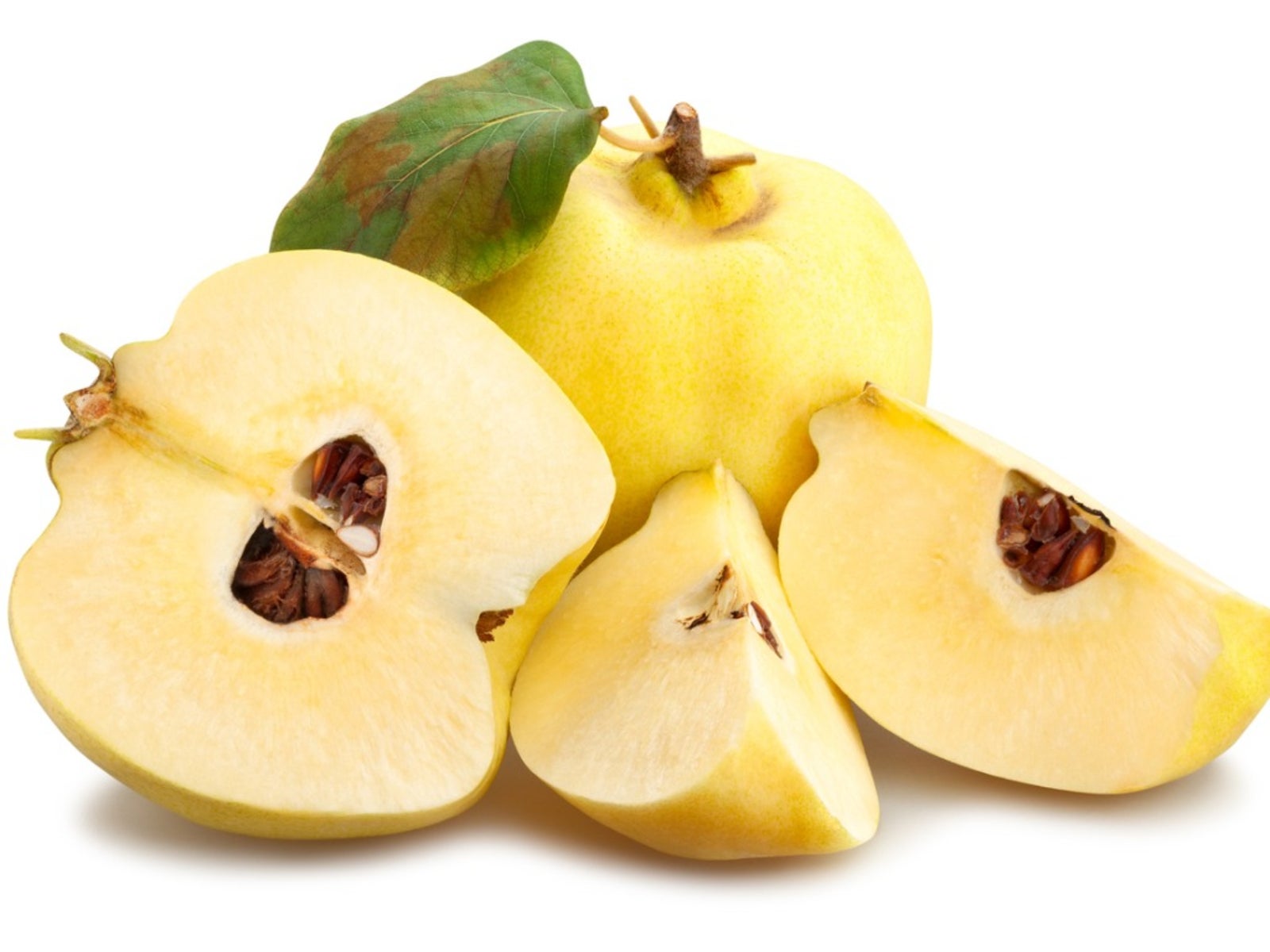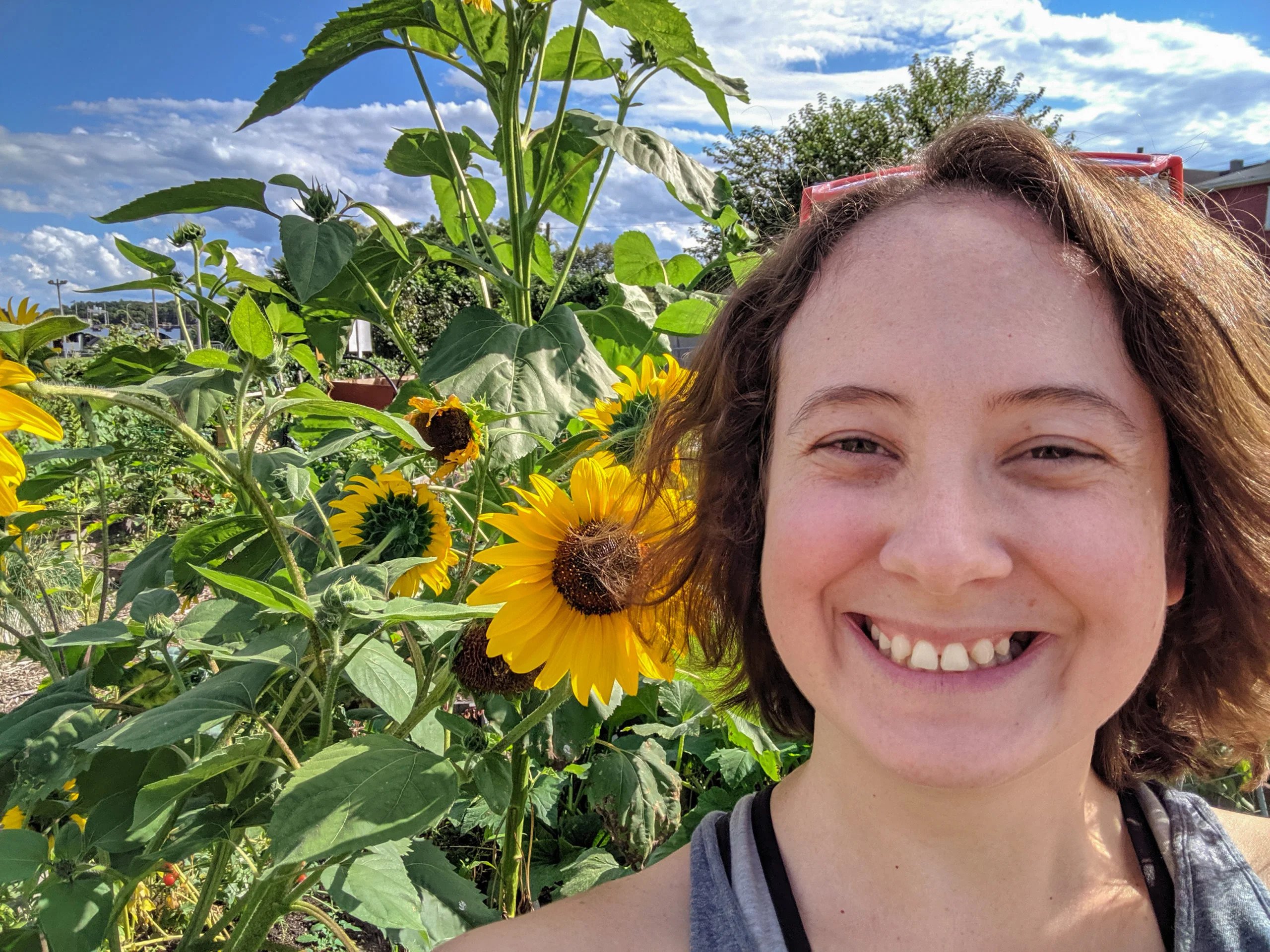Quince Tree Propagation: How To Propagate Fruiting Quince Trees


Sign up for the Gardening Know How newsletter today and receive a free copy of our e-book "How to Grow Delicious Tomatoes".
You are now subscribed
Your newsletter sign-up was successful
Quince is a seldom grown but much-loved fruit that deserves more attention. If you’re lucky enough to be planning on growing a quince tree, you’re in for a treat. How do you go about propagating quince trees though? Keep reading to learn more about quince tree reproduction and how to propagate fruiting quince.
About Quince Tree Propagation
Before we go any further, there’s one important question: Which quince are we talking about? There are two very popular plants in circulation, and they both go by the name “quince.” One is known for its flowers, one for its fruit. They’re not closely related, but by a twist of fate, they both go by the same name. What we’re here to talk about is fruiting quince, Cydonia oblonga, which can be propagated by seed, cuttings, and layering.
Propagating Quince Trees by Seed
Quince seeds can be harvested from the ripe fruit in the fall. Wash the seeds, place them in sand, and store them in a cool place until planting them in late winter or early spring.
Quince Tree Propagation by Layering
One popular method of quince propagation is mound layering, or stool layering. This works especially well if the main tree is cut back to the ground. In the spring, the tree should put up multiple new shoots. Build up a mound of soil and peat moss several inches (8 cm.) around the base of the new shoots. Over the course of the summer, they should put out roots. In the fall or the following spring, the shoots can be removed from the main tree and planted elsewhere.
Propagating Quince Tree Cuttings
Quince trees can be rooted successfully from hardwood cuttings taken in late autumn or early winter. Select a branch that is at least one year old (two to three year old branches will work as well) and take a cutting about 10 inches (25 cm.) in length. Sink the cutting in rich soil and keep moist. It should root easily and become well established within the year.
Sign up for the Gardening Know How newsletter today and receive a free copy of our e-book "How to Grow Delicious Tomatoes".

The only child of a horticulturist and an English teacher, Liz Baessler was destined to become a gardening editor. She has been with Gardening Know how since 2015, and a Senior Editor since 2020. She holds a BA in English from Brandeis University and an MA in English from the University of Geneva, Switzerland. After years of gardening in containers and community garden plots, she finally has a backyard of her own, which she is systematically filling with vegetables and flowers.